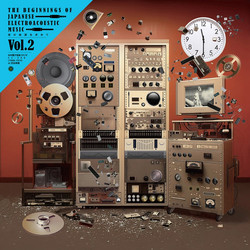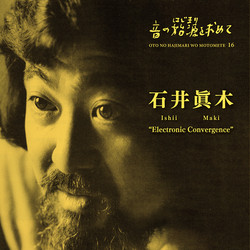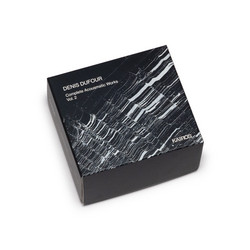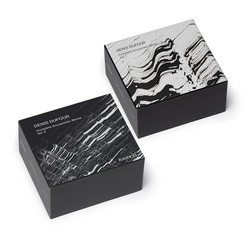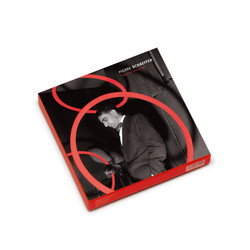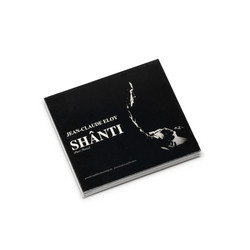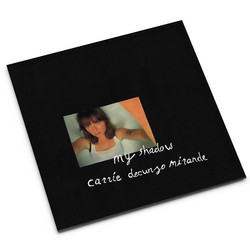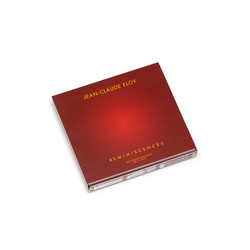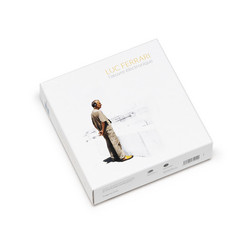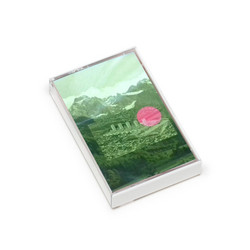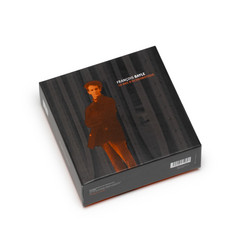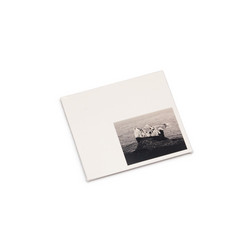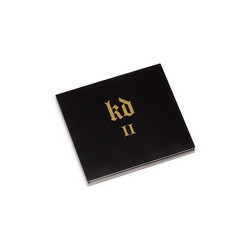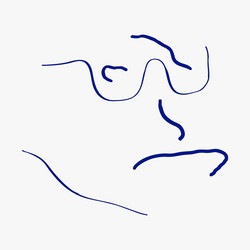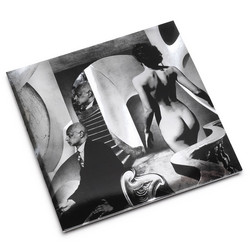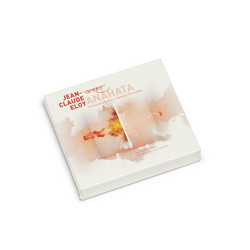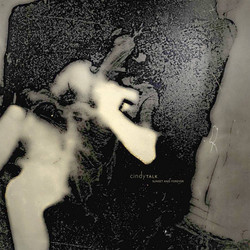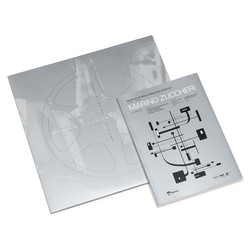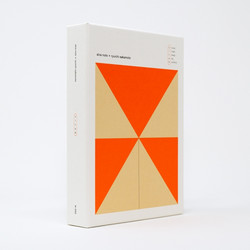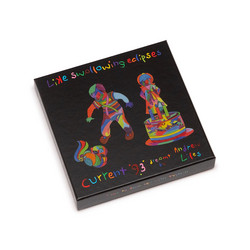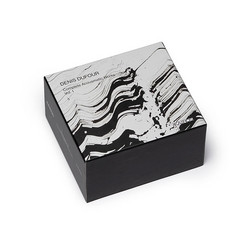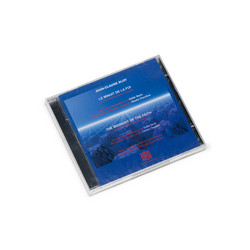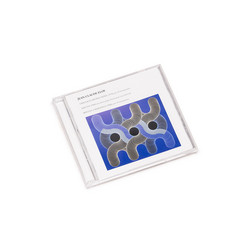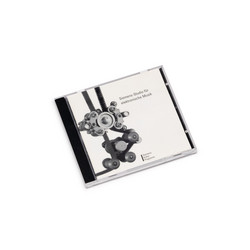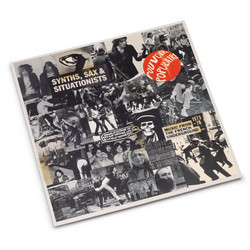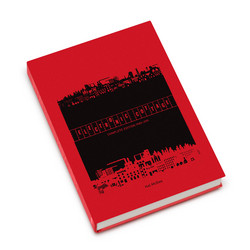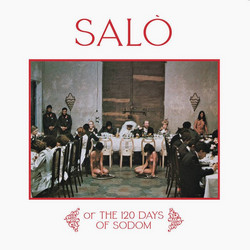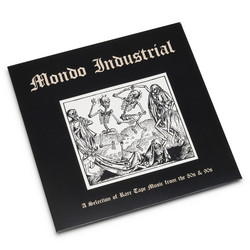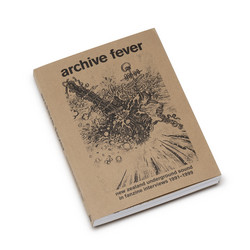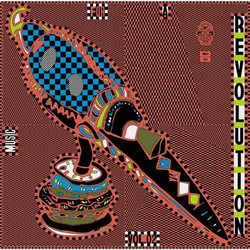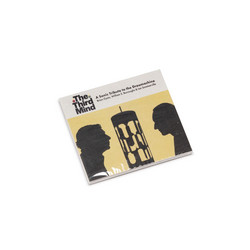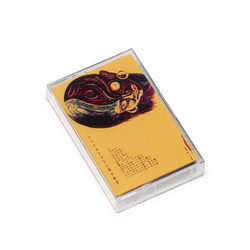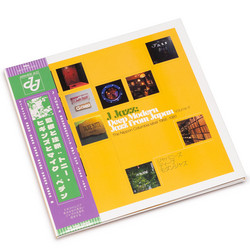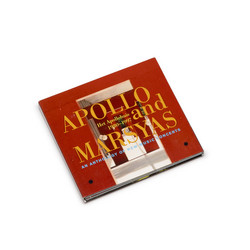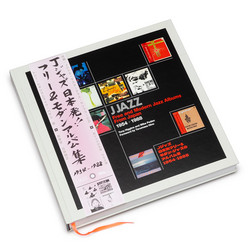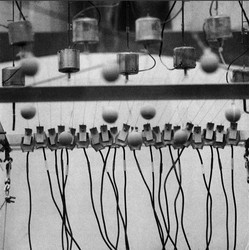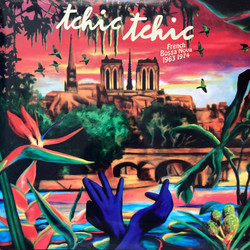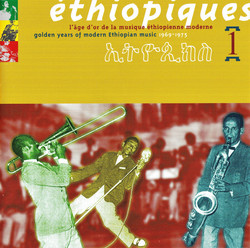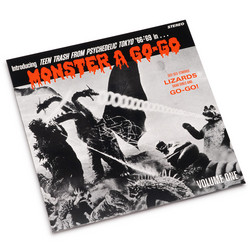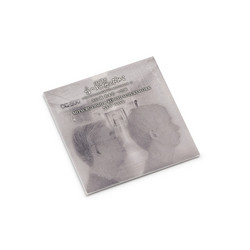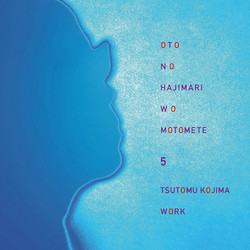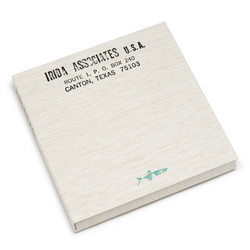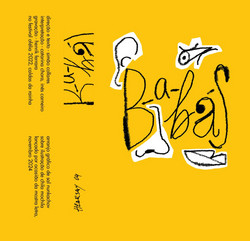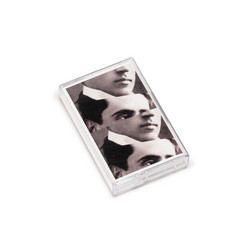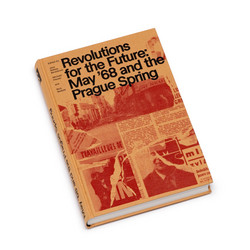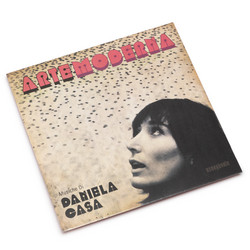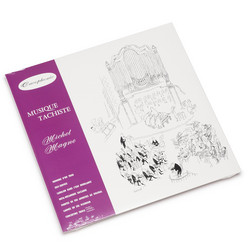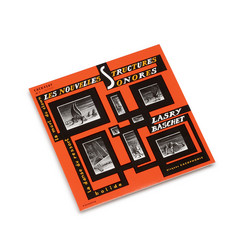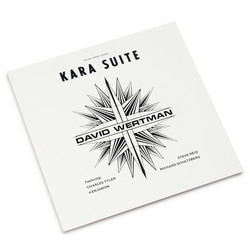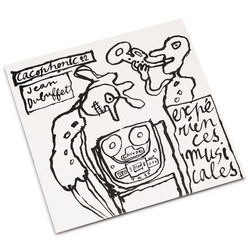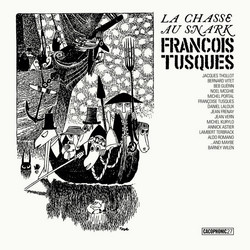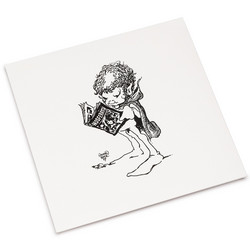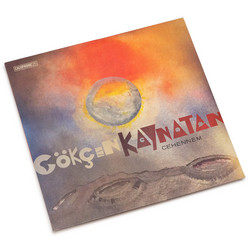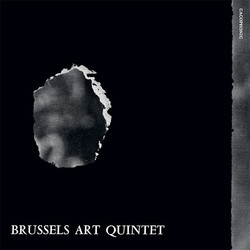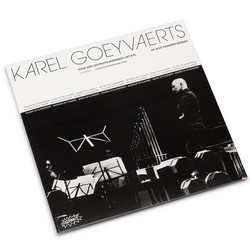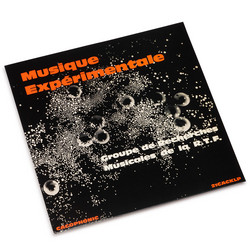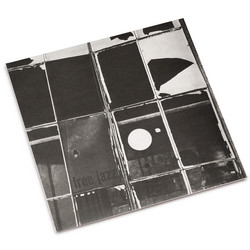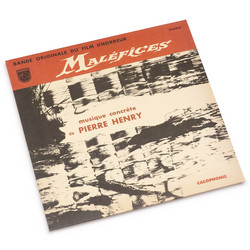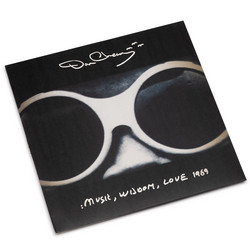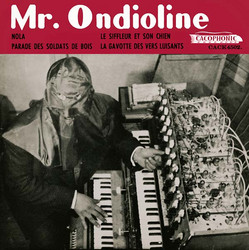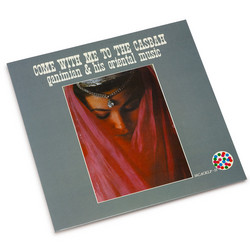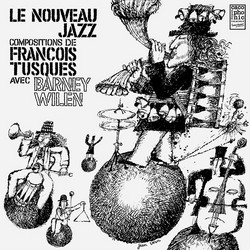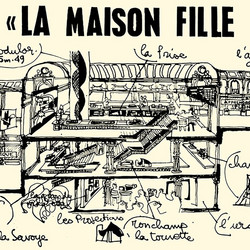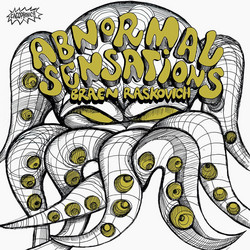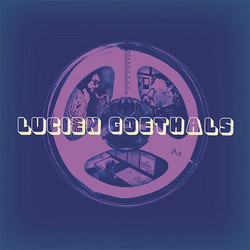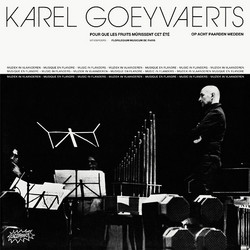Various
Musique Concrète
Temporary Super Offer! Reissue of 1960 BAM label release. Musique Concrète represents an important milestone in the development and progression of the genre of the same name. It marks a crossroad for the genre and its originator, Pierre Schaeffer and another of the genre's most important protagonists, Pierre Henry. In 1942, Schaeffer and Jacques Copeau founded the Studio d'Essai (renamed Club d'Essai in 1946) as part of Radiodiffusion Française studios in order to experiment with radiophonic techniques. In 1948, Schaeffer occupied his time with the manner in which sound recordings "revealed what was hidden in the act of basic acoustic listening". This resulted in a series of studies known as Cinq études de bruits (Five Studies of Noises) (1948). With word of his theories and experiments spreading, Schaeffer's studies grew in size and he would need assistance. Pierre Henry was an obvious choice and sound engineer, Jacques Poullin, completed the sonic powerhouse. The group was renamed the Groupe de Musique Concrete. In 1951, RTF gave the trio access to one of the earliest purpose-build electroacoustic studios, furnishing it with state of the art equipment such as a morphophone and a phonogene, both designed by Poullin. The studio attracted composers such as Karlheinz Stockhausen and Edgard Varèse and in that same year Schaeffer and Henry produced and premiered the first opera concrète, "Orphèe 51". Pierre Henry began pursuing projects closer to his own heart, working with experimental filmmakers and choreographers like Maurice Béjart. In 1957, following a particularly prolonged absence on RTF duties, Schaeffer returned unhappy with the direction the group had taken and tabled an idea to revitalize both their approach as well as personnel. As a result, Henry and several other key members soon left. Schaeffer lay the foundations in 1958 for a new collective called Groupe de Recherches Musicales recruiting new members Iannis Xenakis, Henri Sauguet, Luc Ferrari and Michel Philippot as well as ushering in a new steady stream of musicians eager to study, including a young Jean Michel Jarre.
Featuring the full versions of these seminal early works (abridged versions of which had previously appeared across two 7" singles on Disques BAM) the recordings presented here are the first fruits of this new alliance and served to lay the bedrock for the future of the Groupe de Recherches Musicales which would later count the likes of Ivo Malec, Philippe Carson, Romuald Vandelle, Edgardo Canton and François Bayle.
